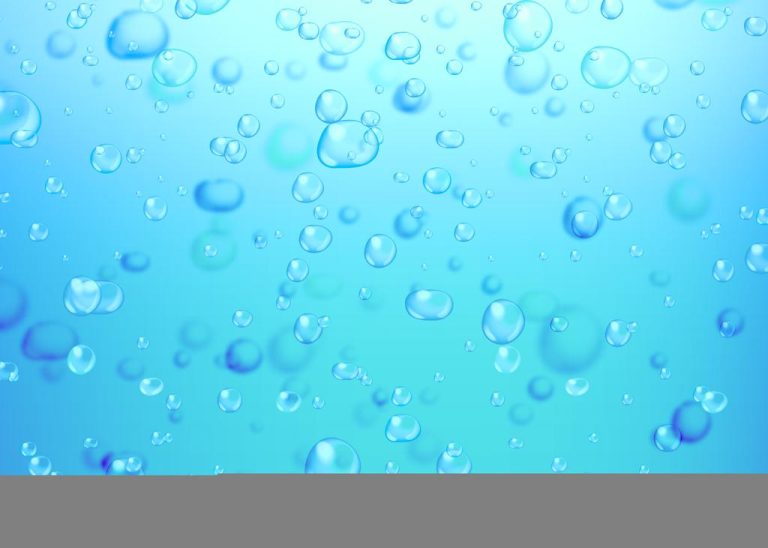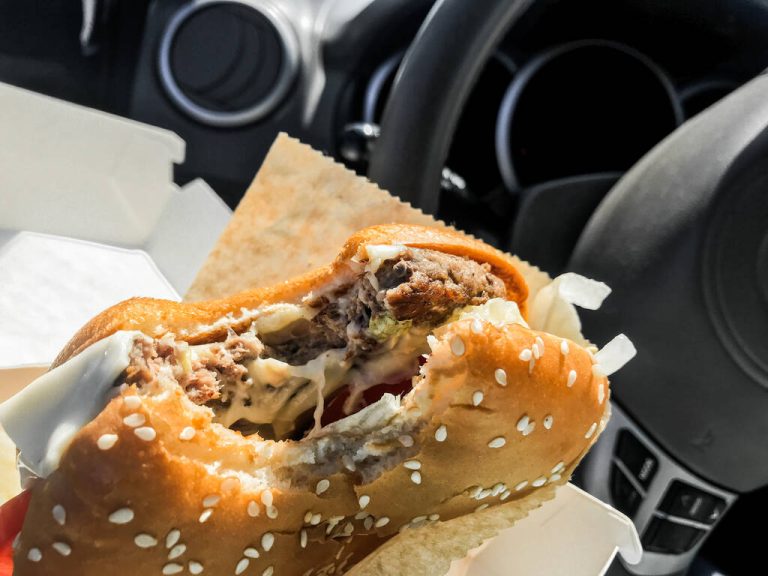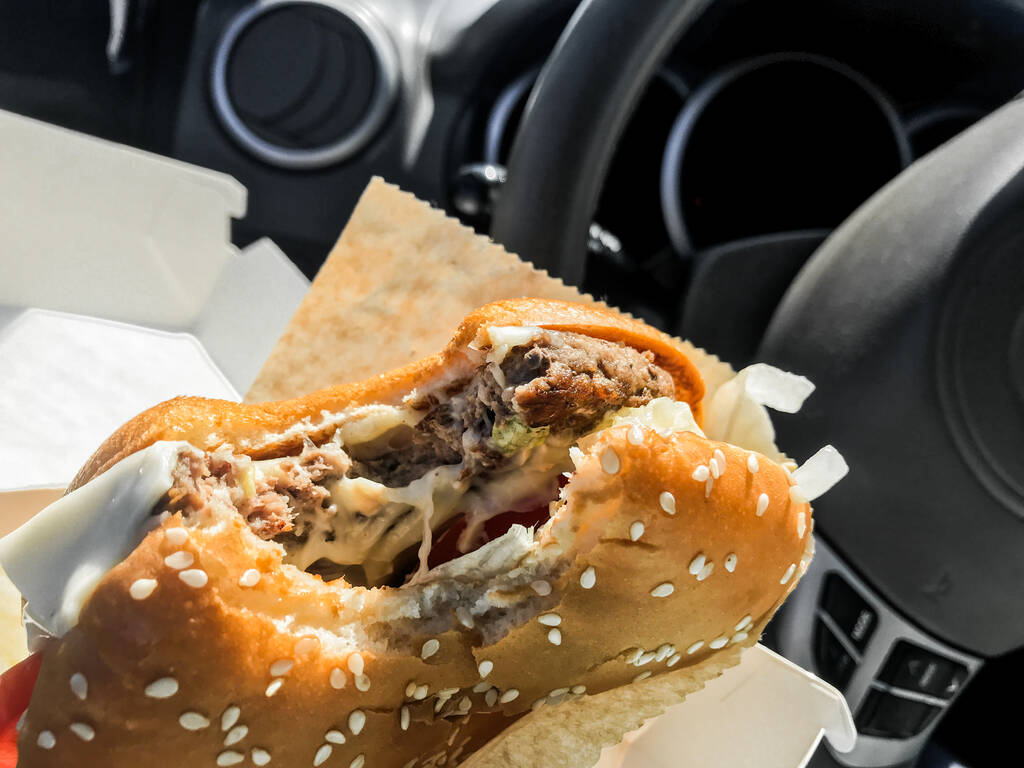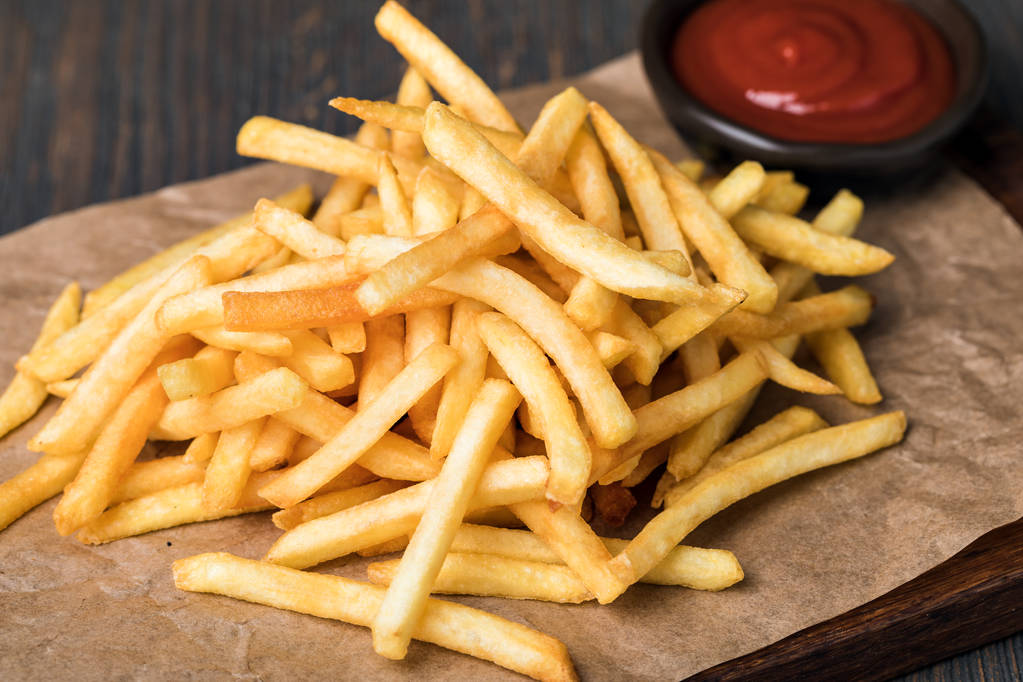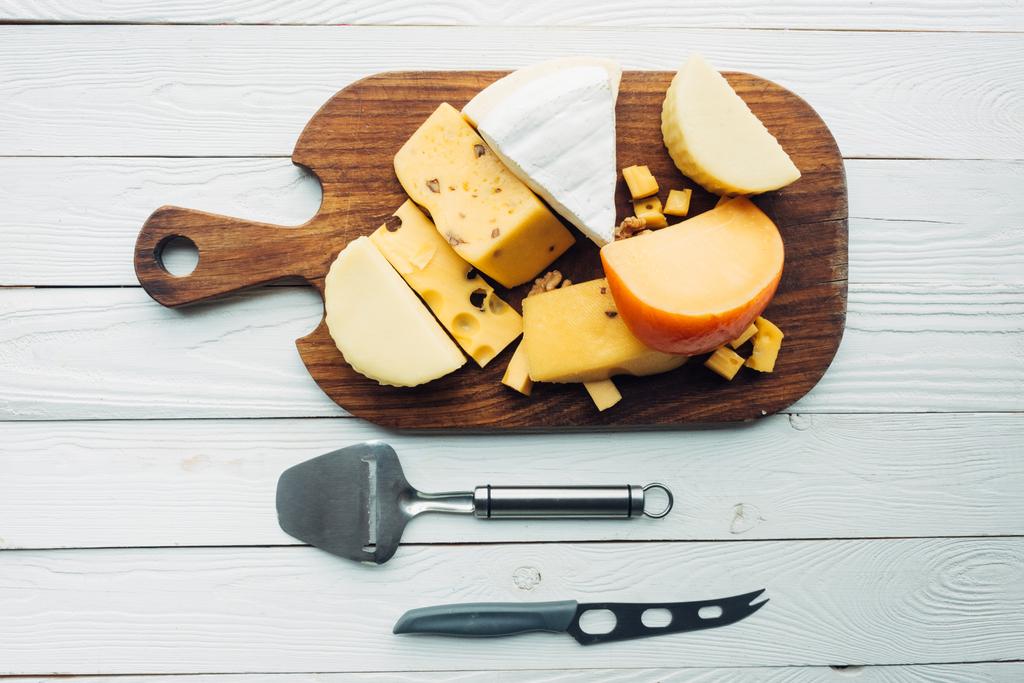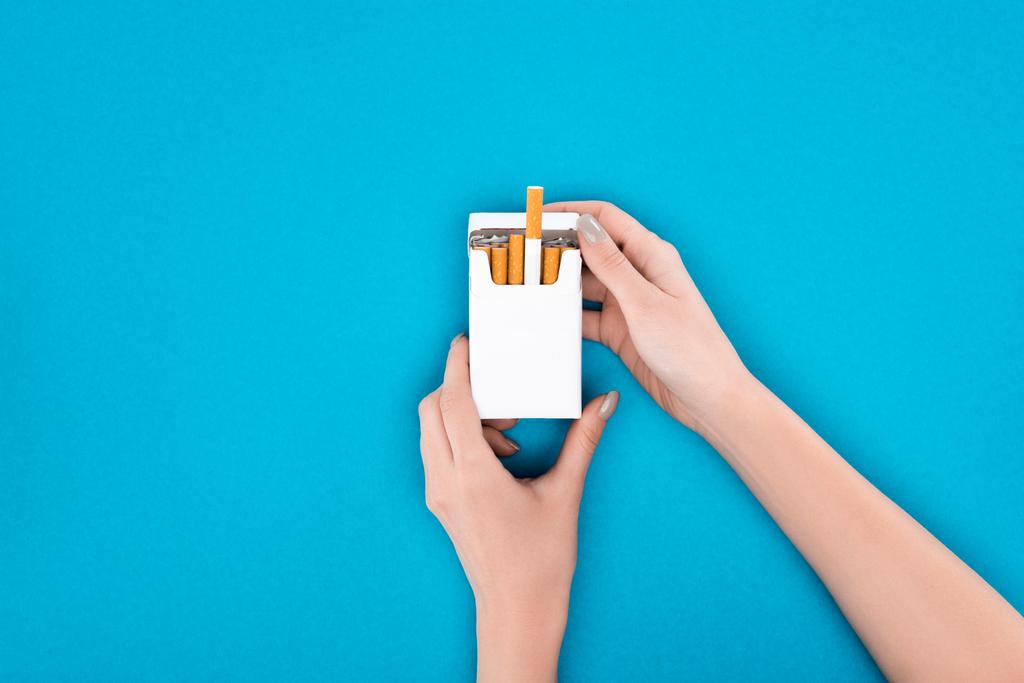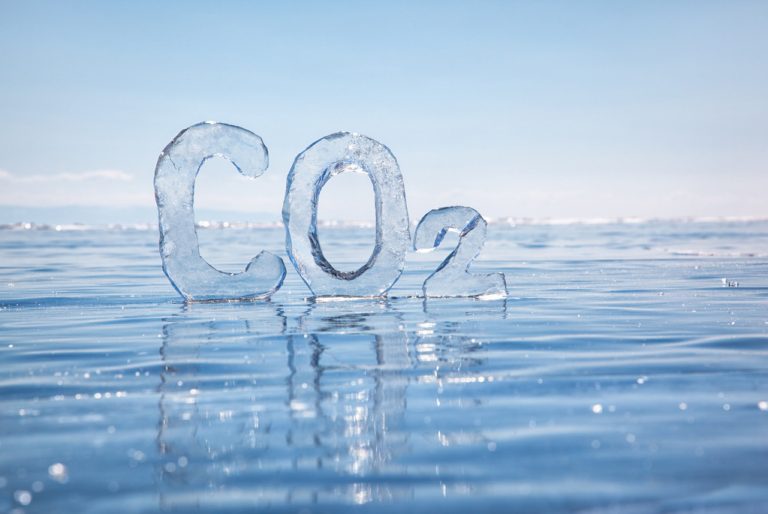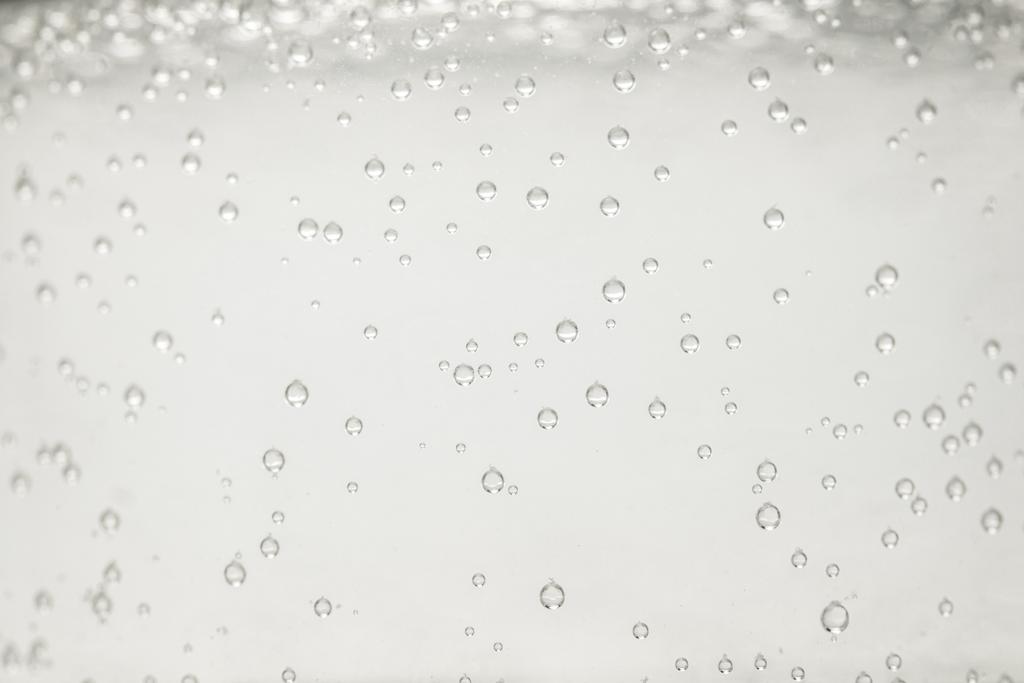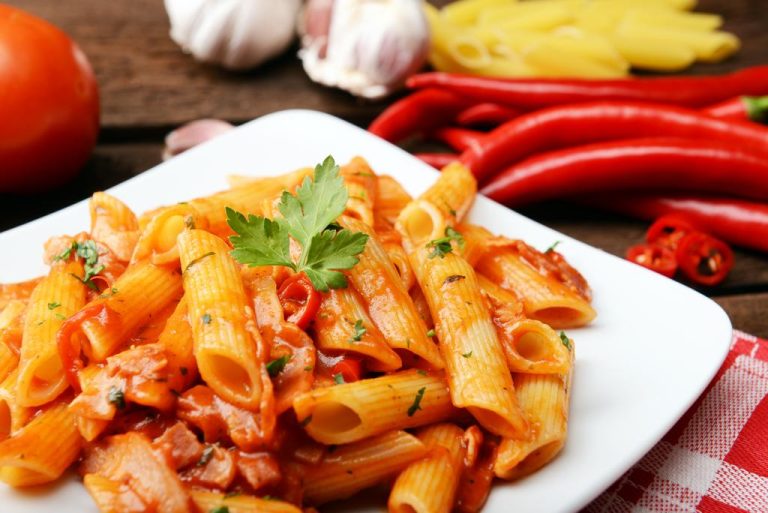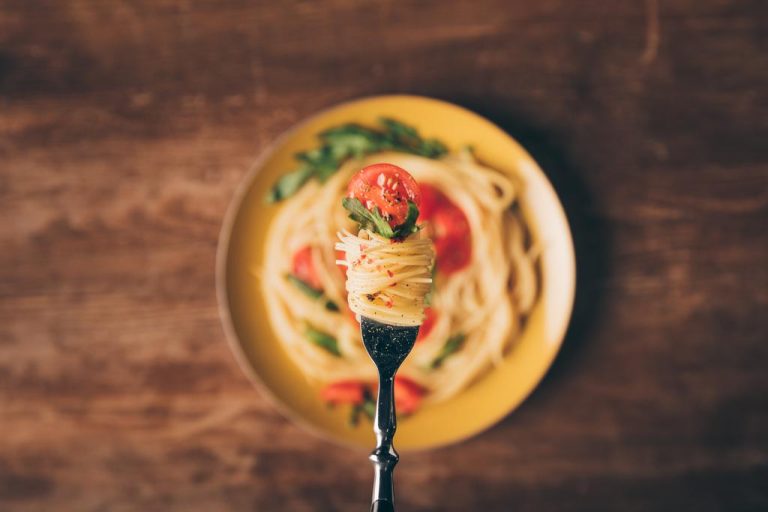Still water or sparkling water – what is healthier? Many people ask themselves this question again and again, after all there are many myths surrounding the harmfulness of sparkling water. But what about the arguments against carbonic acid in the water?

Carbonated Water Has Lower pH: What Does That Mean?
A special feature of carbonated water: it has a lower pH value. According to Stiftung Warentest, its pH value is around 5.3, while still water has a neutral pH value of 7. So carbonated water is slightly acidic – that’s one of the reasons why it’s said to be unhealthier and has numerous effects on the body could have.
#1. Carbonic acid is bad for your teeth: What’s behind the myth?
A common belief is that carbon dioxide damages teeth. According to Stefan Zimmer, Head of the Department of Tooth Preservation and Preventive Dentistry at the University of Witten/Herdecke, this accusation is completely unjustified. There are no disadvantages for the teeth when drinking sparkling water, since the carbon dioxide in it breaks down immediately.
A sip of sparkling water after a meal can even help to remove tooth decay-promoting substrates. The rinsing effect can also dilute acids that attack the teeth and cause tooth erosion.
The American Dental Association also disagrees with this argument – it considers carbonated mineral water to be harmless. She cites a study
#2. Sparkling water makes you fat: Does carbonic acid increase your appetite?
Fizzy water may promote weight gain, according to a 2017 study. Researchers observed that rats given fizzy drinks gained weight faster than rats fed the same non-fizzy drinks. Apparently the carbonic acid raised the ghrelin level. Ghrelin is an appetite-stimulating hormone
However, the scientists only used rats and 20 students for their study. The results are therefore not meaningful, says Stiftung Warentest. So far there is no reliable evidence that sparkling water can actually make you fat.
#3. Carbonated water makes you acidic: Does the drink disturb our acid-base balance?
As already mentioned, sparkling water actually has a higher pH value than still water and is therefore more acidic. With this reason, carbonated drinks are sometimes discouraged in naturopathy.
However, the German Society for Nutrition (DGE) gives the all-clear: “The carbon dioxide it contains is quite unstable and quickly breaks down into its components CO2 and water”. When the bottle is opened, the carbonic acid escapes with a hiss (in the form of CO2). “The rest of it breaks down in the stomach. This means that you have to belch or part gets into the blood via the digestive tract and is exhaled unnoticed through the lungs. This means that carbonated water does not contribute to acidification in the body.”
But even in this case, according to the Center for Health, there is no clear answer. So it means here too: observe oneself. For some people, carbonic acid can affect pH balance. This can lead to heartburn or digestive problems. For others, the sparkling water can even have the opposite effect. In the case of constipation, carbonated water could even be more advisable than still water.
#4. Carbonic acid damages the stomach: does sparkling water cause heartburn?
The fact is: Anyone who drinks carbonated drinks absorbs gas (CO2) – and this also finds its way out again. According to NDR experts, part of it enters the blood via the digestive tract and is then exhaled via the lungs.
The rest then escapes through belching and annoying flatulence. As a rule, however, this is not a problem – according to the experts, sparkling water is not automatically unhealthier because of this.
But be careful: If you are prone to heartburn, you may well have problems if you drink carbonic acid. When you belch, stomach acid can get into the esophagus and cause heartburn. Therefore, people with sensitive stomachs should drink water that is still or only slightly carbonated.

Conclusion: Carbonated water is not necessarily unhealthier – the effect is individual
In summary, it can be said that carbonated water is not nearly as bad as its reputation suggests. In most points it depends on the individual sensitivities of a person. So if you don’t notice any negative effects on yourself when you drink sparkling water, you can confidently continue to do so.

